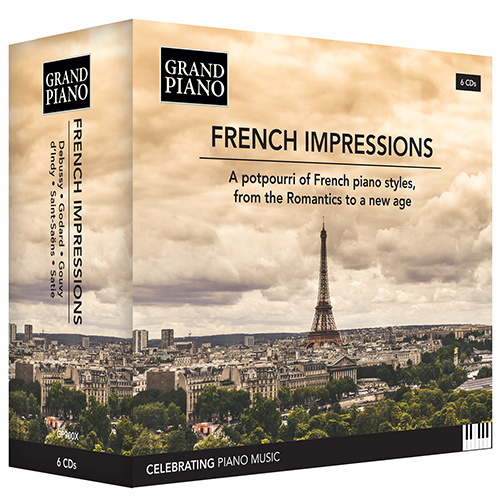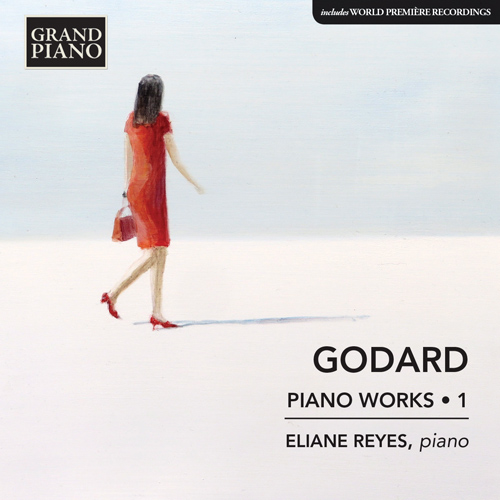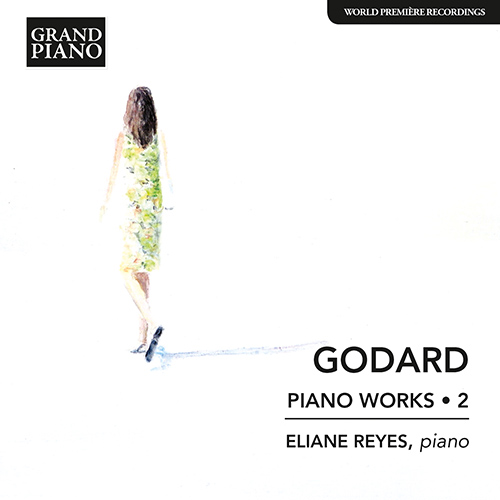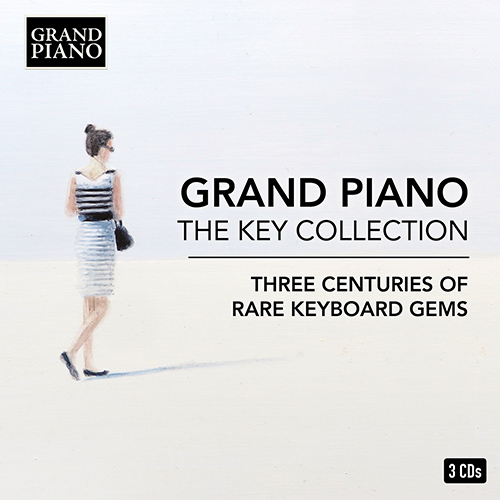
Benjamin Godard (1849 - 1895)
Regarded during his lifetime as one of the most promising young composers in France, Benjamin Godard is barely known to modern concert audiences. A child prodigy, he excelled at both the violin and piano and enrolled at the Paris Conservatoire when he was just ten years old. He studied violin there with the great Belgian violin virtuoso Henry Vieuxtemps and composition with Henri Reber (who also taught Massenet). Despite two attempts in 1863 and 1864, he did not succeed in winning the coveted Prix de Rome, the mark of compositional success and acceptance by the establishment that launched the careers of most young French musicians. Nevertheless, this did not deter him from setting his heart on a career as a composer and he worked hard to build his musical career, earning comparisons with Mozart for his youthful talent.
By the 1870s he already had a considerable reputation across Europe. In 1878 he won the Prix de la Ville de Paris with his dramatic symphony Le Tasse, Op. 39, and in the same year the première of that work (at which Gounod, Massenet, Saint-Saëns and Ambroise Thomas were all in attendance) received rave reviews. In addition to his success as a composer, Godard also played violin and viola for a variety of chamber music ensembles in the French capital, and in 1887 he took over the teaching of chamber music at the Conservatoire.
Godard was a prolific composer and within the course of his short life he wrote three symphonies, four concertos, eight operas, three string quartets, four violin sonatas, and a tremendous range of further chamber works, piano solos and songs. Indeed most critics seem to have agreed that Godard would have served himself better by being less prolific and honing his craft between projects. It is probable that a combination of joy at his early successes, pride at his international profile, and a need for money, caused him to work so hard and publish such an extensive list of pieces. Although writing in an age of Wagner fever in France, Godard was notable for his careful avoidance of the German composer’s influence. As a musician of Jewish heritage, he loathed Wagner’s politics, and aligned himself musically with the earlier generations of Mendelssohn, Schumann, Chopin and Beethoven. It is for this reason, perhaps, that his music disappeared from the concert platform so soon after his death: the early works of Debussy and Ravel appeared in print in the 1890s, and against these new innovations Godard’s works seem decidedly conservative and old-fashioned. He died of tuberculosis in 1895, at the age of just forty-five.





 Grand Piano has gained a reputation for producing high quality recordings of rare keyboard gems. Dedicated to the exploration of undiscovered piano repertoire, the label specialises in complete cycles of piano works by many lesser-known composers, whose output might otherwise have remained unknown and unrecorded.
Grand Piano has gained a reputation for producing high quality recordings of rare keyboard gems. Dedicated to the exploration of undiscovered piano repertoire, the label specialises in complete cycles of piano works by many lesser-known composers, whose output might otherwise have remained unknown and unrecorded.






